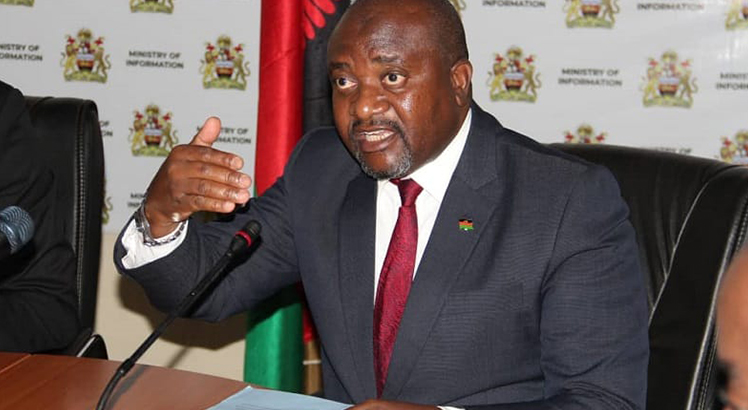Egenco urges improved work relationship in energy sector
Electricity Generation Company (Egenco) has called for improved coordination between the government and companies in the energy sector to support the institution’s efforts toward achieving its mandate.
Speaking during a stakeholder review meeting on Egenco’s Strategic Plan in Lilongwe on Tuesday, the company’s chief executive officer William Liabunya said they experienced some challenges when implementing the first strategic plan.
He cited disputes with the single buyer and policy changes by the government as factors which affected the company’s cash flow.
Said Liabunya: “There have been some frequent changes of policy position [by the government] where some of the sites that Egenco had envisaged to develop have been given to IPPs [independent power producers].

“This undermined our plans to execute the plans contained in the previous strategic plan. We could not do the feasibility studies or draw up investment plans at the time.”
But he said despite the challenges, the parastatal recorded some successes, including adding 78 megawatts to the national power grid and completing three feasibility studies at Kam’mwamba Coal Power Plant in Neno, Salima and Wovwe Hydro Power Station in Karonga.
Speaking during the same event, Minister of Energy Ibrahim Matola said Egenco should strive to leverage the opportunities afforded by the South African Power Pool to generate more power to import the surplus.
On the policy shifts that undermined the implementation of the first strategic plan, he said Egenco should revise the strategic plan and other instruments at its disposal to lobby changes in policy to ensure that its long-term plans align with government policy and action plans.
Said Matola: “There have been some reforms and policy changes in the past. As a result, we had a situation where the policies did not speak to each other.”
Electricity Supply Corporation of Malawi, Egenco and the now-dissolved Power Market Limited, three companies born following the unbundling of Escom in 2018, have engaged in disputes over payments, tariffs and the handling of the single buyer licence.





